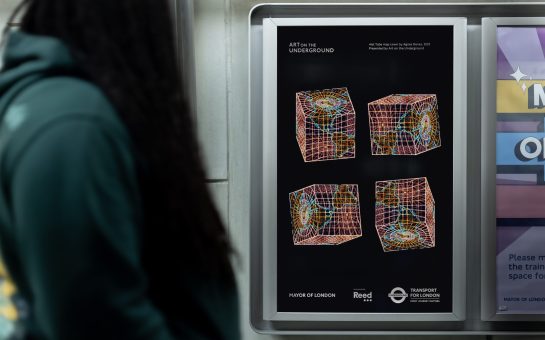Just recently, Transport for London announced that the Oyster card top-ups from the ticket offices were no longer available from underground stations, meaning the very well-known item of London and its days could very well be numbered.
When the card was first introduced, many were not in favour back in 2003, however with change inevitable, people adapted and it did catch popularity.
The Oyster card became a fabric and key part to life in the capital, when Greater London trains also began to accept it, as it was efficient, systematic and simple.
Fast-forward to present day, and the introduction of contactless cards and bank cards, has made Oyster almost obsolete.
It is believed there are more of these cards lying around than there are people. Demand for them is no more.
Just as contactless cards have taken over the world for their clever payment systems in travel (i.e. Apple Pay), now a majority of gambling systems depend on them too for efficient and speedy payment systems.
Contactless cards operate major offers such as free spins, no deposit and beyond at gambling sites.
Why? Because they are hassle free and require no opening of new membership payment cards and such, like the Oyster Travelcard, which has now very much faded away from memory.
How contactless cards took over Oyster
Contactless payments have evolved and very much simplified over the years.
Once you could only use them on a card-very much like the Oyster.
Today however, all you really need is an Apple phone or Android and you can operate freely from Apple Pay and Google Pay.
What is easier than carrying endless cards in your wallet? A virtual one of course.
Out of the tens of millions of Oyster Cards that were once in circulation, only 5.7 million are now believed to be used at least once a week.
Paper tickets on the other hand share even greater evidence of their disappearance.
Only 1.7% of paper tickets were bought last year alone, meaning travel is unanimously moving forward in favour of digital systems.
TfL’s head of payments Mike Tuckett, believes that taking away the option for the Oyster was never needed.
He believed people always migrate to the better and most modernised option.
Today’s contactless preference is certainly a large demonstration of that, of course.
There will always be people and travellers who will undoubtedly prefer the Oyster card system for as long as it breathes, that is inevitable.
Call it traditionalists, or people who do not wish to embrace change, and the Oyster card is as modern as it can get for them.
However, it is important that such an option is still available for those that wish it.
For that reason, Oyster cards will not be completely removed from every station, and will still be available from a select few areas within London.
What is astonishing however, is the fact that there is an estimated half of a billion pounds left on unused cards collectively.
Many of the statistical research studies by TfL, revealed that some cards have not been used since 2014, but the biggest neglect and drop of cards was actually from 2019-2021.
Modernisation of technology has given rise to such drop of usage, but there is correlation with poverty and Oyster card usage, meaning it is most essential to maintain its availability, for those that have not been able to embrace evolved systems.
It is feared that should TfL scrap Oyster cards all together, the poverty line within London would be hugely obvious and more of a social issue to manage.
The Oyster card provides free travel to those over 60, in addition to discounted travel to youths under 18.
Taking away the Oyster package would only serve as a problem and not a solution for those reliant on the digital package.
While TfL have begun to advertise light marketing incentives to remind travellers that it is still cheaper to use the Oyster above travel cash tickets, the capping of the Oyster card which was introduced to contactless cards back in 2014, is now available and is believed will push travellers into using their Oyster cards again.
Featured image credit: Oxyman via Wikimedia Commons under CC BY 2.5 license




